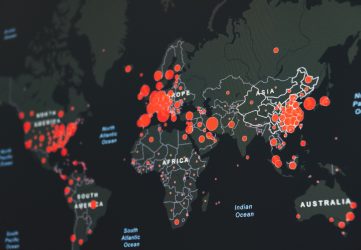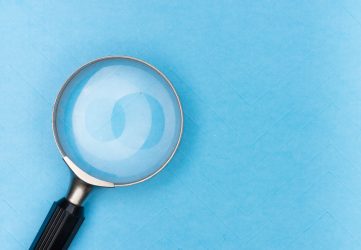With the announcement of another national lockdown, the furlough scheme has been extended for a further month from 1 November until 2 December.
The extension of financial support under the Coronavirus Job Retention Scheme (CJRS) is the same as that given for August, with employees receiving 80% of their salary for hours not worked, capped at £2,500 per month. Employers have to cover National Insurance contributions (NICs) and workplace pension costs.
Two new job support schemes (JSS Closed and JSS Open) set out in the Chancellor’s Winter Economy Plan will now not take effect until the furlough scheme ends.
Differences
One important difference from the previous furlough scheme is that claims can be made for employees notified to HMRC with an RTI submission by 30 October. Otherwise, the extension is similar to the old scheme:
- Employees recently made redundant can be rehired and furloughed if they were employed up to 23 September.
- Businesses will be paid upfront to cover their salary costs.
- Flexible furloughing is allowed, with the employer paying as normal for hours worked. For hours not worked, the employer can make up the employee’s full pay if they wish.
- Employees can be on any type of contract.
- Hours not worked will be calculated by reference to the usual hours worked by the employee.
- The employer’s furlough claim must be for a minimum period of seven consecutive days.
- Neither the employer nor the employee needs to have previously used the furlough scheme prior to 1 November.
When will the extension end?
There are conflicting reports of whether the lockdown will end, as planned, on 2 December, or whether it will be extended if the infection rate has not fallen sufficiently. Presumably, the furlough scheme will be extended in line with any lockdown extension, although the government is not making any promises.
There should, however, be no gap in eligibility for support between the furlough scheme ending and the new JSSs being introduced.
If you need help in assessing your situation, please let us know.
Photo by Aaron Burden on Unsplash







